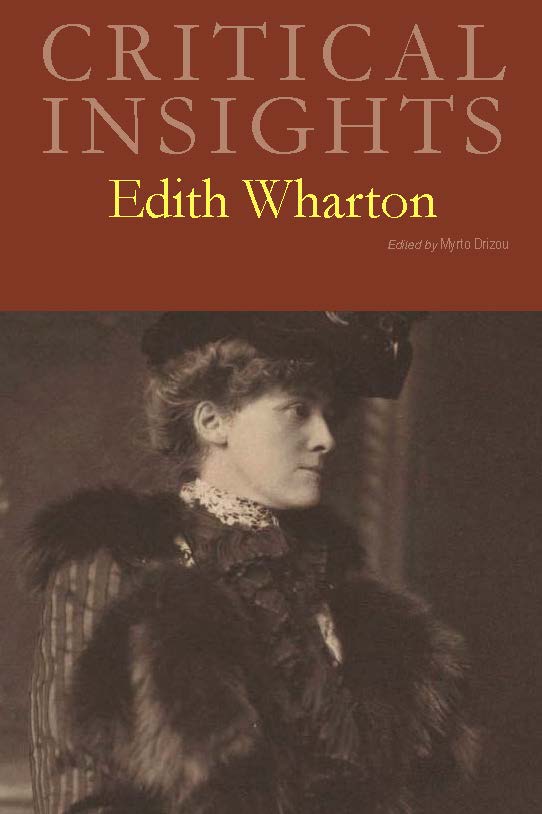Critical Insights: Edith Wharton
Book Description
This volume examines a wide range of Edith Wharton’s works, from her major novels—The House of Mirth, The Custom of the Country, and The Age of Innocence—to her war writings, novellas, and late fiction, such as The Children. It addresses Wharton’s oeuvre in relation to other writers, including Catharine Maria Sedgwick, Henry James, Charlotte Perkins Gilman, and Edith Summers Kelley, and offers new perspectives on Wharton’s views on gender, motherhood, law, architecture, and the classical tradition.
- Reviews
… The collection also offers fresh, unexpected pairings of Wharton with such American women writers as Catharine Maria Sedgwick, Charlotte Perkins Gilman, and Edith Summers Kelley. In sum, the volume will be a wholly welcome addition to readers interested in late nineteenth- and early twentieth-century literature in general and Edith Wharton in particular … Taken together, these impressive essays accomplish the book’s stated objective of a “starting point” and “introduction” to the study of Edith Wharton’s work. The book invites and continues conversations on Wharton’s engagement with a host of issues.
Choice Reviews
2018
This volume of critical essays on American writer Edith Wharton (1862-1937) mixes some of the old with the new. A standard introductory essay and brief biography along with Dale Bauer’s overview of the current state of Wharton studies provide context for the rest of the essays. Some of these essays cover familiar ground in Whartonia, such as the role of women and economics; others present interesting forays into less familiar subjects. Hannah Huber offers an insightful comparison of Wharton and her contemporary Charlotte Perkins Gilman via the subject of eugenics. Mollie Barnes’s essay on literary history in The Age of Innocence provides an autobiographical and a textual appreciation of Wharton’s own reading. Finally, Robert Klevay captures the sharp dynamics of Wharton’s friendship with Henry James in his comparative of Wharton’s “Roman Fever” and James’s Daisy Miller. This collection will appeal to Americanists as well as Wharton Scholars.

